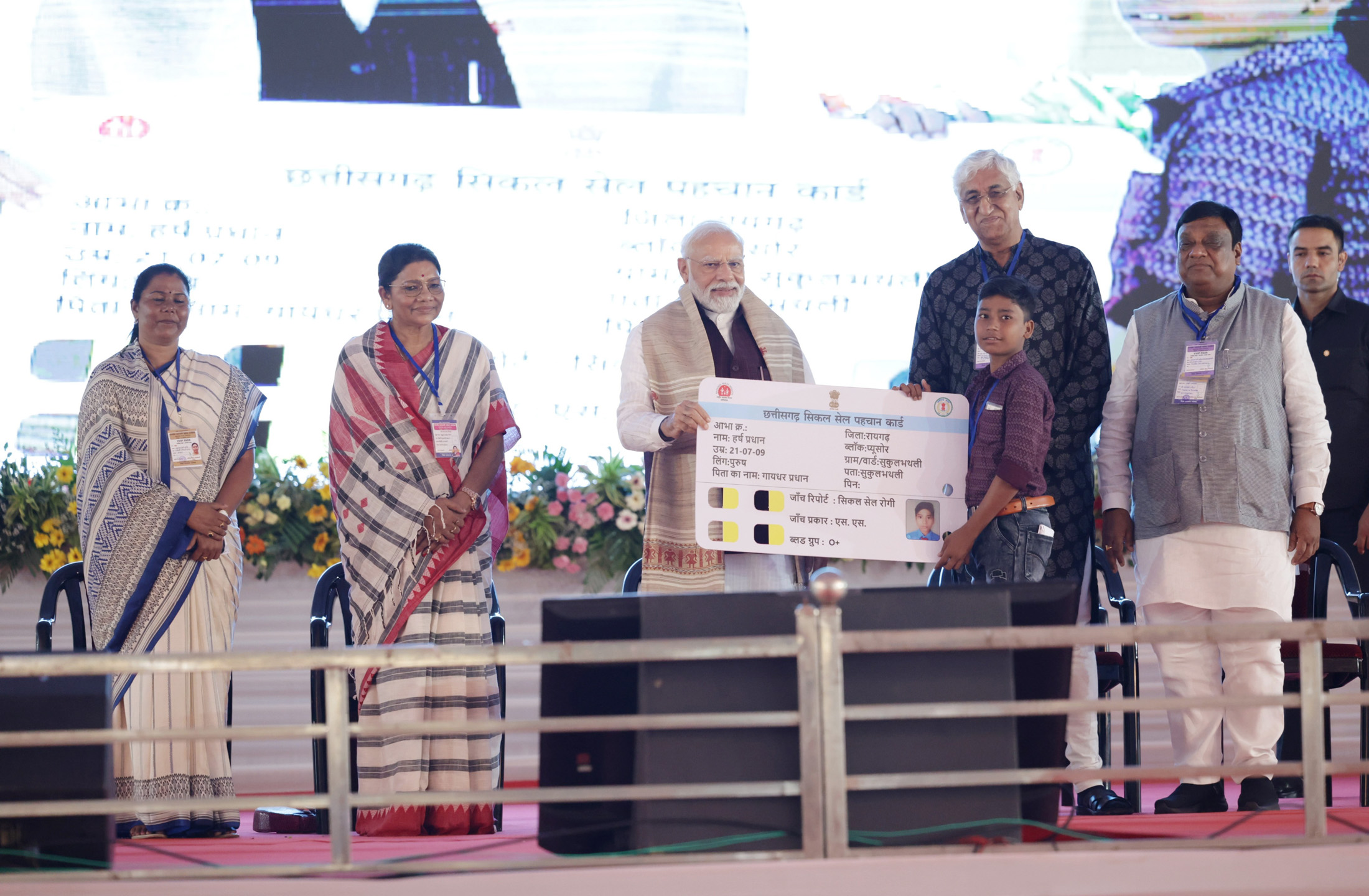Nagaland parties, ancestral gatherings denounce AFSPA move
The House goal came days later a ruckus in the state following the passing of 14 regular folks, 6 of whom were killed in a bungled up Army activity in Mon region on December 4.
The Center’s transition to broaden the Armed Forces Special Powers Act (AFSPA) in Nagaland by a half year on Thursday evoked solid responses from ancestral gatherings and ideological groups in the state.
The Naga People’s Front (NPF), which is essential for the all-party United Democratic Alliance (UDA) government in Nagaland, said in an explanation that it was “startled and insulted”, particularly on the grounds that the expansion came days later the December 23 gathering, which was led by Union Home Minister Shah.
In the gathering, which was gone to by Nagaland Chief Minister Neiphiu Rio, Deputy Chief Minister Yanthungo Patton and NPF Legislature Party pioneer T R Zeliang, just as Assam Chief Minister Himanta Biswa Sarma, it was concluded that the Center would found a significant level advisory group to look at the chance of pulling out AFSPA from Nagaland.
“This expansion is an appearance of the absolute negligence the focal government has for the voices of little states, especially in North-east India, taking into account that the Nagaland Legislative Assembly has met an extraordinary one-day meeting on twentieth December to think on AFSPA and the House had collectively set out to request its annulment,” said an assertion by the NPF, gave on Thursday
The House goal came days later a ruckus in the state following the passing of 14 regular folks, 6 of whom were killed in a bungled up Army activity in Mon region on December 4.
Condemning the assertion endorsed by Rio, Patton and its own party’s chief, Zeliang, where the three had offered thanks to Shah “for taking the matter with most extreme earnestness” in the December 23 gathering, the NPF said “any insightful individual is made to contemplate whether there is any smidgen of coordination or even correspondence between the Executive and Legislative parts of the Central Government”.
It said it would seek after just means to eliminate AFSPA from Nagaland, and that it would “not stay inactive till the focal government reevaluates its choice”.
Individuals in Nagaland have been requesting withdrawal of the AFSPA and it acquired force later the military killed six regular folks, mixing up them as agitators on 3 December and later on knock off eight townspeople in Mon region of the state as the locals went out of control and killed one warrior out of frustration.
The outrage among individuals pushed the Nagaland government to call an exceptional meeting on 20 December, when the gathering collectively made plans to request the cancelation of the AFSPA.
It said that the House “appreciated and upheld” residents and common society associations over their interest for the cancelation of the AFSPA and conveyance of equity, and spoke to “all areas to follow majority rule standards and peacefulness in the aggregate undertaking towards acknowledgment of harmony and conveyance of equity.”
The AFSPA engages security powers to lead tasks and capture anybody with no earlier warrant, other than giving insusceptibility from capture and arraignment to the security powers assuming they shoot somebody dead.




